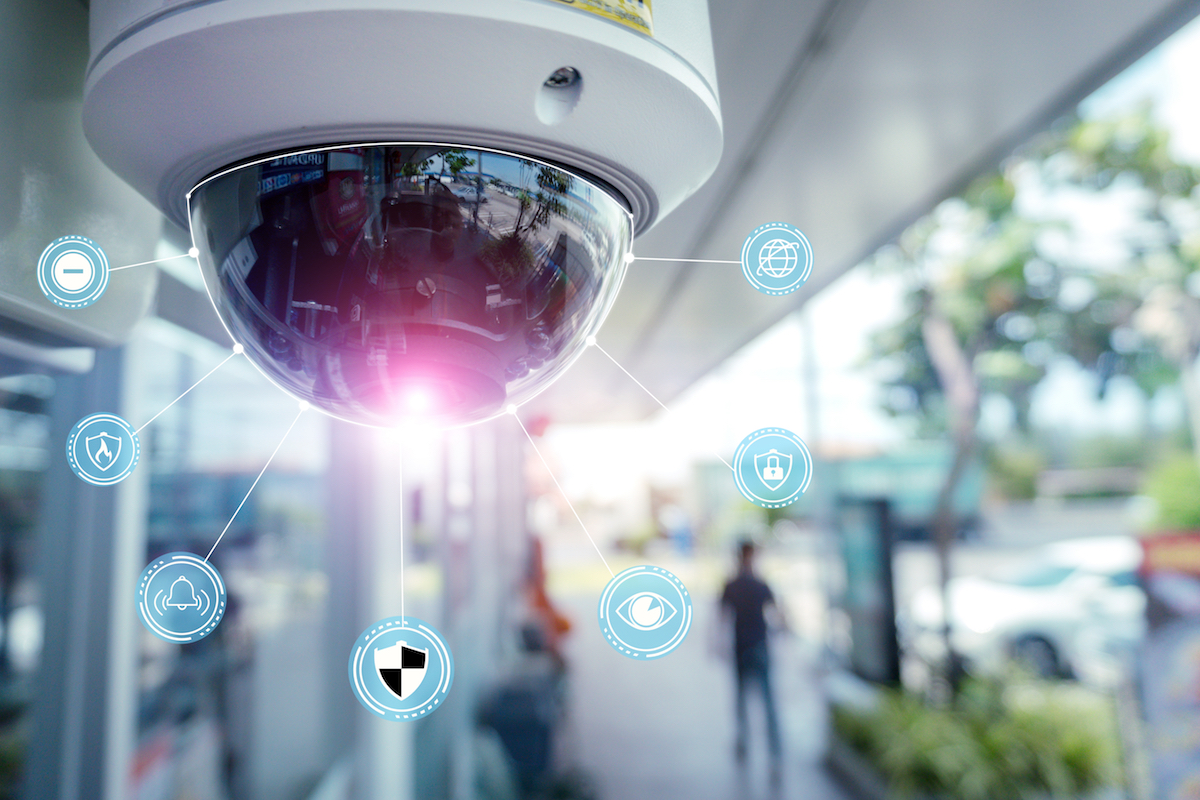
In today’s increasingly complex business environment, safeguarding commercial properties is more critical than ever. From protecting sensitive data to ensuring the safety of employees and customers, effective security measures play a crucial role in maintaining a safe and secure working environment. This article will explore the importance of commercial security installations, the various types of security systems available, the installation process, and how to choose the right security provider for your business.
Types of Commercial Security Systems: An Overview
When it comes to commercial security installations, various systems can be tailored to meet the unique needs of different businesses. Understanding these options is essential for making informed decisions about security measures.
Surveillance Cameras
Surveillance cameras are one of the most common components of a security system. They serve as a deterrent to potential intruders and provide valuable footage that can be used for investigations. Businesses can choose from a range of camera types, including fixed, PTZ (pan-tilt-zoom), and thermal cameras, depending on their monitoring needs.
Access Control Systems
Access control systems regulate who can enter specific areas within a commercial property. These systems can range from simple keycard entry to sophisticated biometric scanners that use fingerprints or facial recognition. Effective access control ensures that only authorized personnel can access sensitive areas, enhancing overall security.
Alarm Systems
Alarm systems are vital for alerting business owners and law enforcement in the event of a security breach. These systems can include motion detectors, glass break sensors, and door/window contacts. Many modern alarm systems also offer remote monitoring, allowing owners to keep an eye on their property even when they are away.
The Installation Process: What to Expect
Understanding the installation process for commercial security installations can help businesses prepare effectively. Typically, the process involves several key steps.
Assessment and Planning
The first step is a thorough assessment of the property to identify security vulnerabilities and determine the most suitable security measures. Security professionals will evaluate the layout, access points, and specific risks associated with the business, which will inform the planning of the installation.
Installation
Once the planning phase is complete, the installation process begins. This may involve running cables, installing cameras, setting up access control systems, and integrating alarm systems. Professional installers will ensure that all equipment is positioned correctly for optimal coverage and functionality.
Testing and Training
After installation, the systems will undergo rigorous testing to ensure they function as intended. This is also the time for businesses to receive training on how to use the security systems effectively. Understanding how to operate the equipment and respond to alerts is crucial for maintaining security.
Choosing the Right Security Provider for Your Business
Selecting a reliable security provider is a significant decision for any business. Here are some tips to guide you through the process:
Research and Recommendations
Start by researching various security providers in your area and seeking recommendations from other businesses. Look for providers with a solid reputation and experience in commercial security installations.
Obtain Quotes
Once you have a shortlist, contact these providers to obtain quotes. Be sure to ask about their services, pricing, and any ongoing support they offer. Comparing quotes will help you identify a provider that not only fits your budget but also meets your security needs.
Evaluate Service Options
Consider what additional services the provider offers, such as maintenance and monitoring. A comprehensive service package can provide peace of mind, knowing that your security systems will be maintained and monitored by professionals.
In conclusion, investing in commercial security installations is a crucial step in protecting your business. By understanding the types of systems available, the installation process, and how to choose the right security provider, you can create a safer environment for your employees and customers alike. For more information on professional security camera installation, you can explore additional resources that detail various options and services available to enhance your commercial security strategy.
Security Camera Repairs


